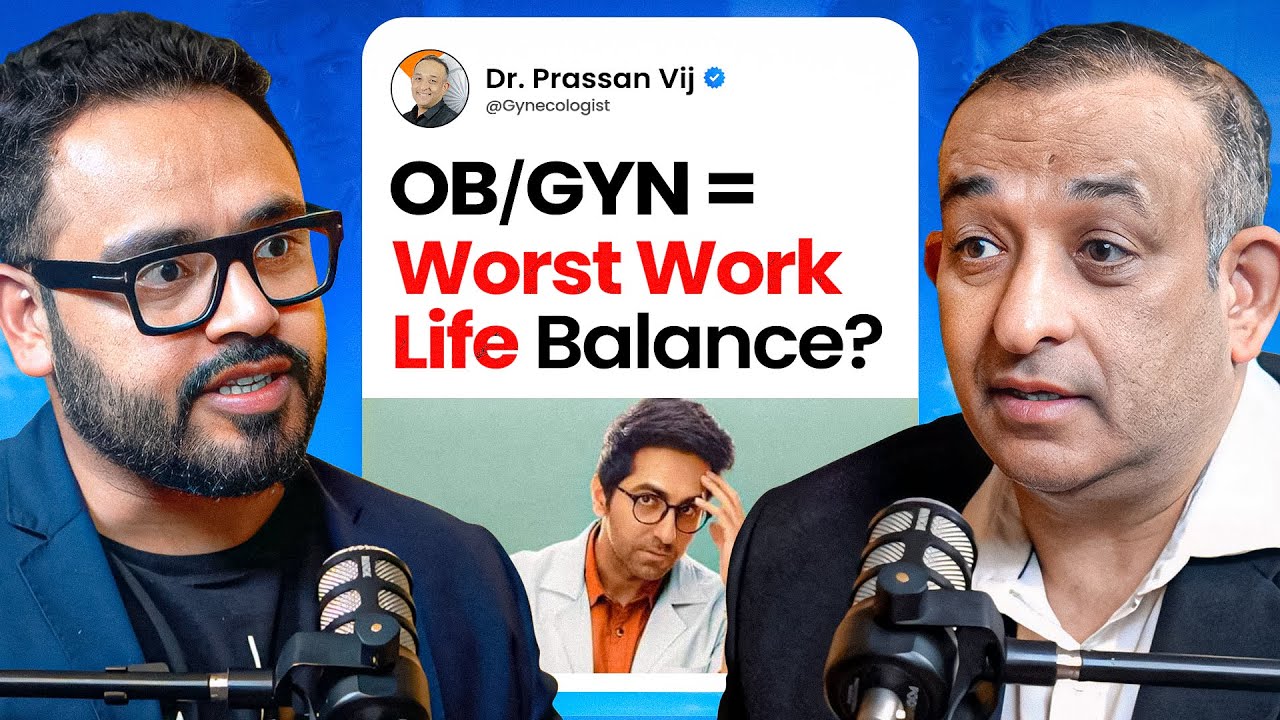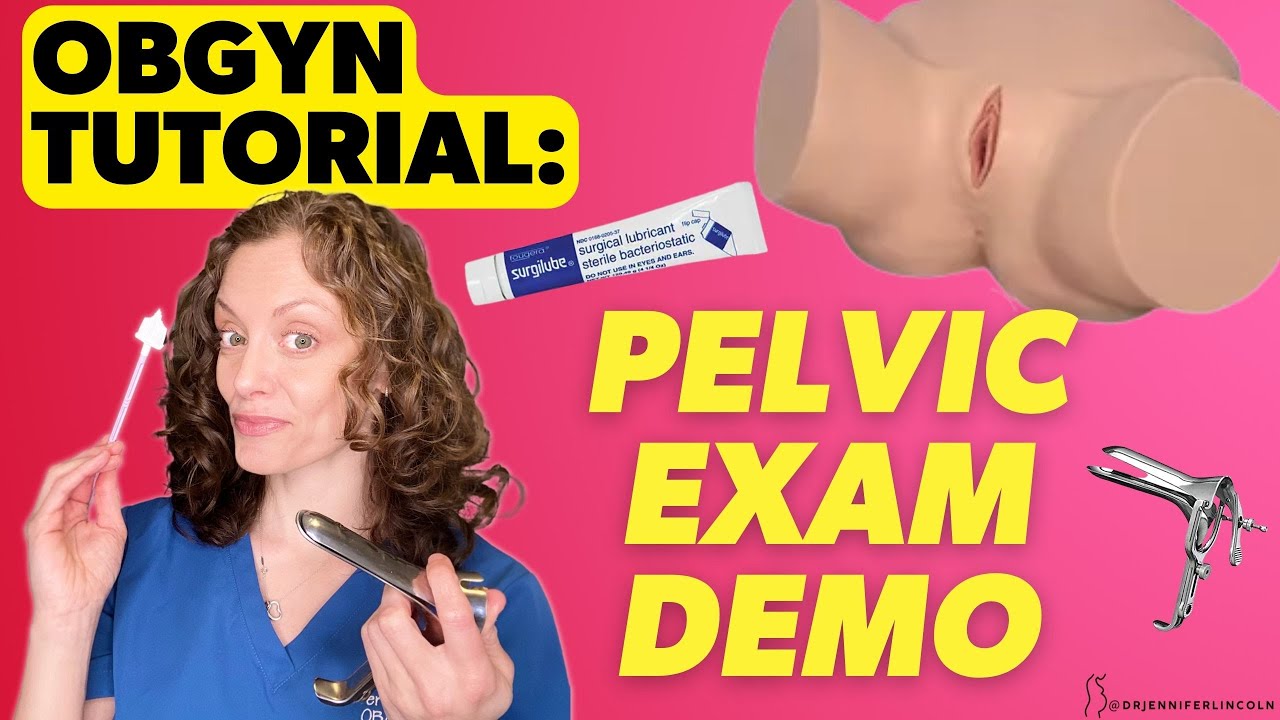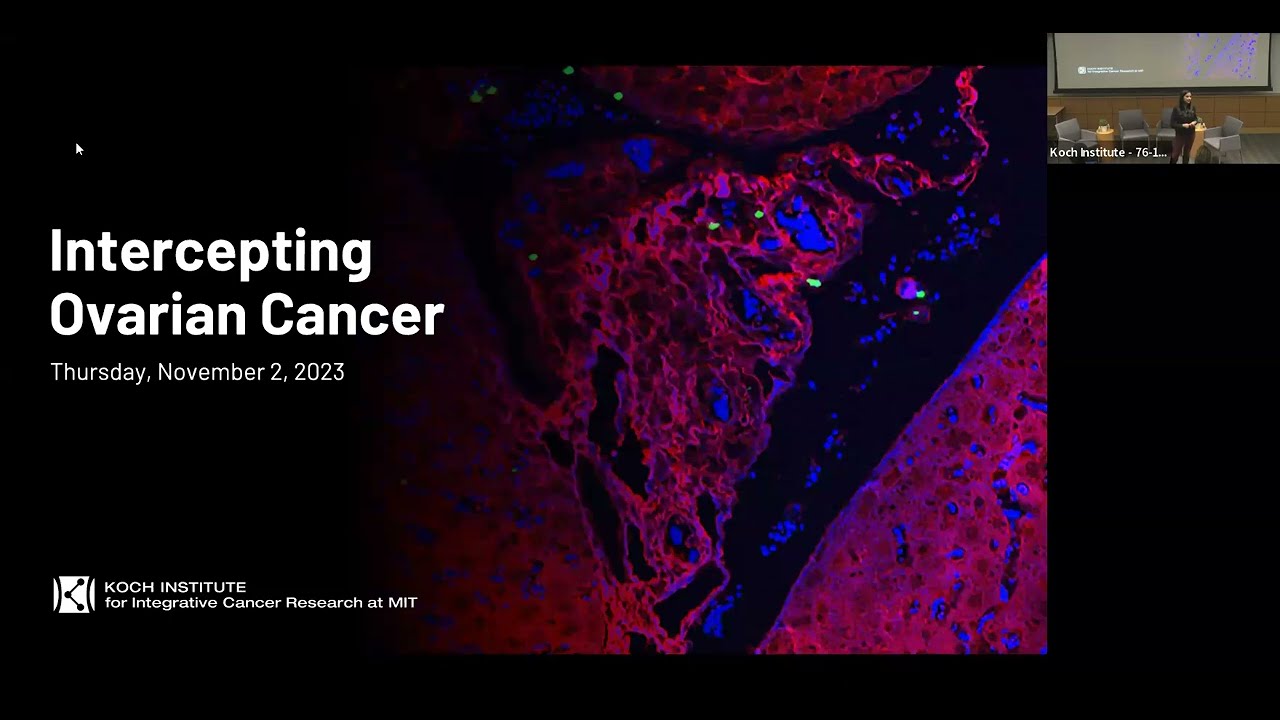The Ob/Gyn Channel
Emma Rossi, MD, a gynecologic oncologist at Duke Health, discusses cervical cancer prevention and HPV. Dr Rossi explains that cervical cancer is the third most common gynecologic cancer in the US. The rates of cervical cancer are decreasing due to the use of vaccines to prevent HPV, which is the virus that causes most cervical cancers, and PAP screening, which can detect early cervical cancer. Because HPV is often acquired through a form of sexual contact, the vaccine is recommended between the ages of 9 and 11, prior to first sexual contact, but the vaccine can be given later in life to certain individuals. PAP screening should begin following first sexual contact or at age 21.






